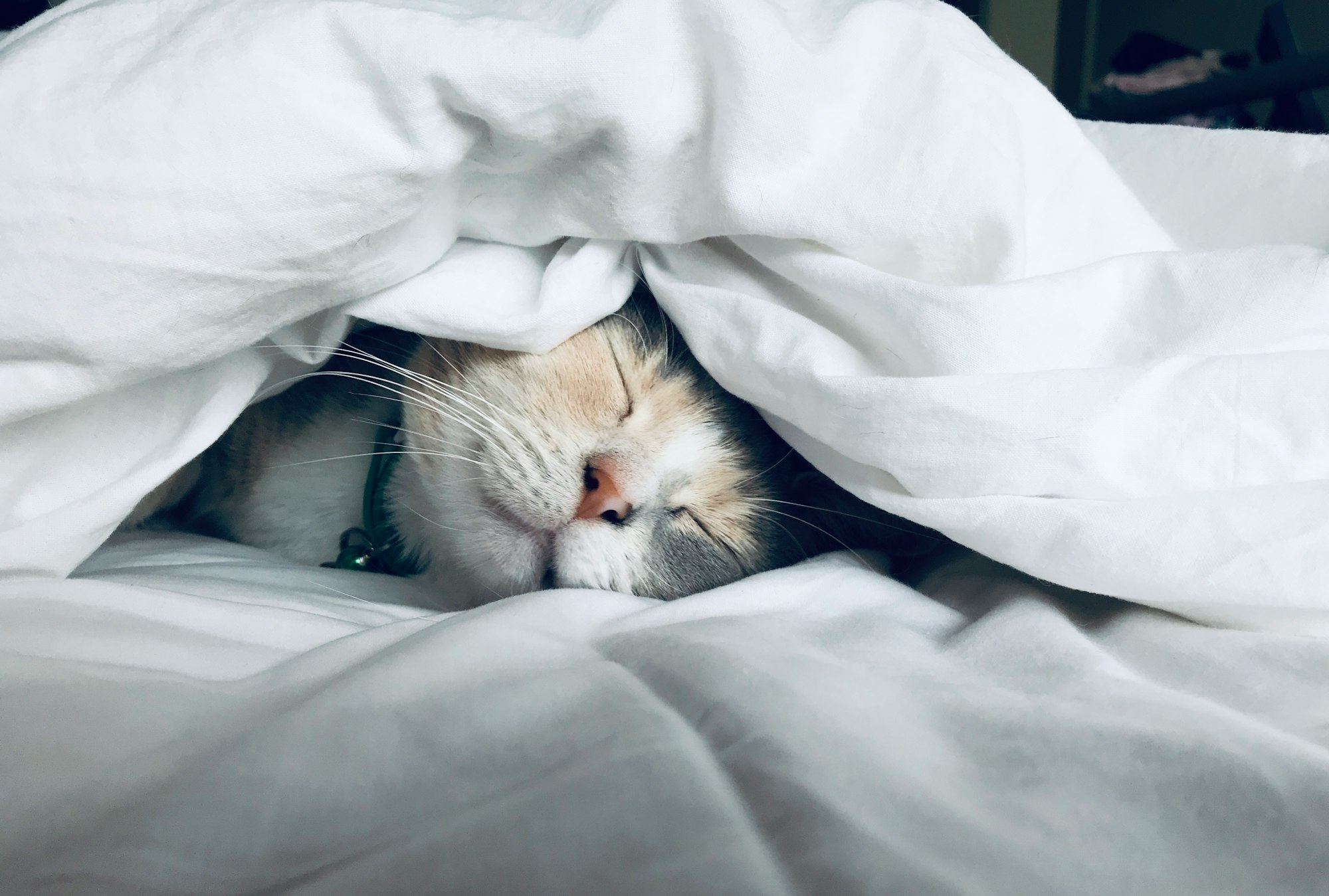Fact or Myth: Falling asleep instantly means you’re a good sleeper
Is falling asleep instantly good or bad? Many people think it's great, even blissful, but we want to put this myth to bed.

Reviewed by Jenna Gress Smith, PhD, sleep scientist in residence at Crescent.
If you routinely fall asleep in less than 5 minutes you probably want to claim bragging rights as a champion sleeper. However, sleep experts say it’s likely a sign that you’re sleep deprived.
Falling asleep instantly–in fewer than five minutes—can be an indicator that you haven't had enough sleep. It could mean that your sleep has been fragmented or disturbed. Falling asleep quickly may also occur because of unknown or under-treated medical imbalances such as sleep apnea, thyroid issues, or Vitamin D deficiency to name a few.
Daytime signs of sleep deprivation include trouble concentrating when you’re awake, as well as low energy and moodiness or even nodding off unintentionally. If you’re experiencing any of these symptoms it's important to figure out what your sleep issues are. If you don’t, they’re bound to catch up with you — and not in a good way. Sleep deprivation has been linked to metabolic illness and obesity, heart disease, not to mention a chronic case of brain fog.
So how long should it take to fall asleep?
Sleep scientists say between 10 to 20 minutes. If it takes longer, it’s probably because a boatload of worry is keeping you awake, or you had too much caffeine, or your body clock is out of whack — or all of the above.
We’re not very good at gauging our sleep
You may think you are aware of your sleep patterns, but the truth is, many of us miscalculate how long it takes us to fall asleep. Sleep scientists call this “sleep state misperception.”
First, your long-term memory may not keep accurate track of the time you spend dozing off. As a result, you may feel that you're falling asleep faster than you actually are. Second, the lightest stage of sleep can be misinterpreted as wakefulness if you're suddenly awakened from it. You may think you were awake longer than you were because you slipped in and out of light sleep.
The time it takes to move from wakefulness to sleep is called the sleep onset latency. You're considered asleep when your muscle tone relaxes and the electrical waves in your brain slow down to what are called theta waves, which occur at a speed of four to eight times per second (Hz). By comparison, electrical waves in an awake, alert brain travel at twice that rate.
So how can you get a true snapshot of your sleep patterns?
Assuming you're not going to ask someone watch you fall asleep and take notes, a good idea would be to put a sleep tracker to work. Trackers factor in your key vitals like body temperature, heart rate, and HRV to determine your quality of sleep, how much time you spend in each sleep stage, and more.
If you track your sleep and find that it's less than stellar, keep in mind that everyone has a restless night here and there. However, if you’re waking up tired for weeks or months on end, you may need to re-think your bedtime routine and/or talk to a sleep coach, or a health-care professional.
And now you know whether falling asleep instantly is good or bad. The fact is, it's not great.
